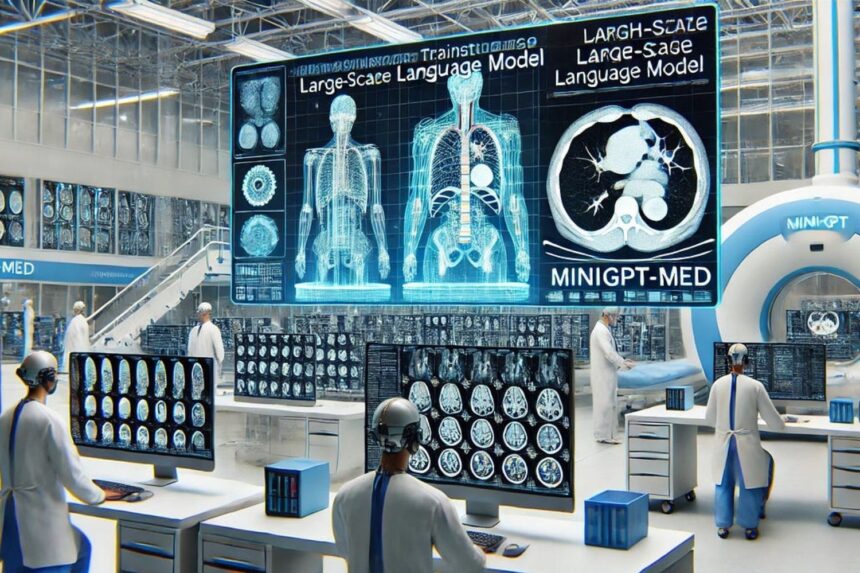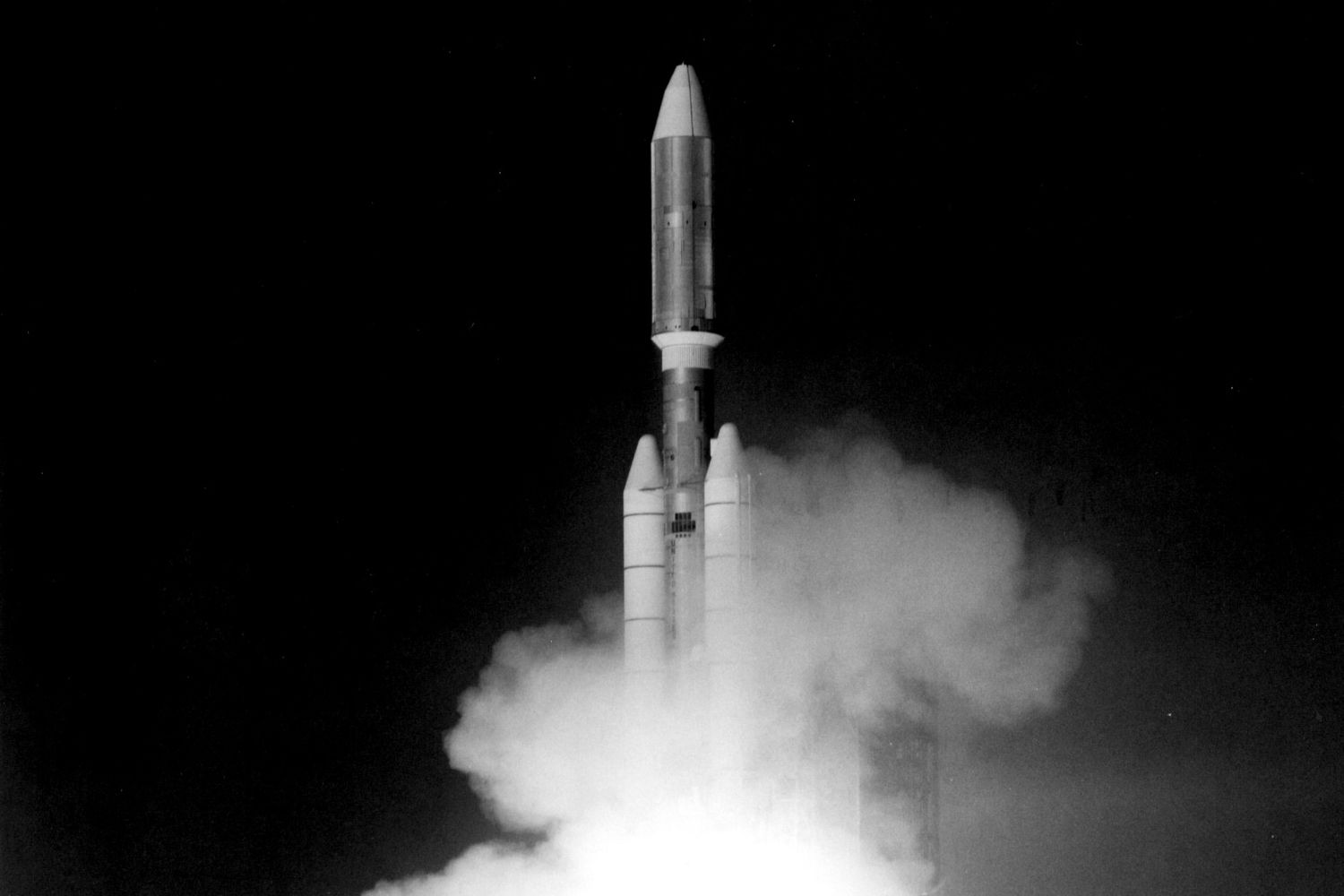Researchers at King Abdullah University of Science and Technology (KAUST) and the Saudi Data and Artificial Intelligence Authority (SDAIA) have unveiled MiniGPT-Med, an advanced AI model that is set to transform radiology diagnostics in Saudi Arabia. Built on Meta’s Llama 2 and KAUST’s MiniGPT-v2, this AI model excels in interpreting medical images such as X-rays, CT scans, and MRIs.
Key Features of MiniGPT-Med
- Versatile Diagnosis: Capable of analyzing 14 different diseases.
- Superior Accuracy: Outperforms existing models by 19% in medical report generation accuracy.
- High Radiologist Approval: Delivers high-quality results in 76% of cases reviewed by professionals.
- Advanced Performance Metrics: Achieves a MIMIC-CXR BERT-Sim score of 72.0 and a CheXbert-Sim score of 30.1, both surpassing current state-of-the-art models.
Impact on Healthcare
MiniGPT-Med promises to enhance healthcare by providing quicker, more accurate radiology diagnoses, reducing radiologist workloads, and minimizing human error. Despite its potential, AI adoption in radiology remains low in Saudi Arabia, with only 7% of radiologists integrating AI into their daily practice. Raising awareness of MiniGPT-Med’s benefits could boost its use.
Regulatory Considerations
The Saudi Food and Drug Authority (SFDA) is actively regulating AI and machine learning-based medical devices to ensure safety and efficacy. MiniGPT-Med’s development aligns with these regulatory frameworks, highlighting the importance of careful oversight as AI continues to advance in healthcare.
MiniGPT-Med represents a significant milestone in Saudi Arabia’s AI-driven healthcare transformation, setting the stage for future innovations that could further revolutionise medical diagnostics.
ALSO READ: Saudi firm implements smart technology for safe driving













